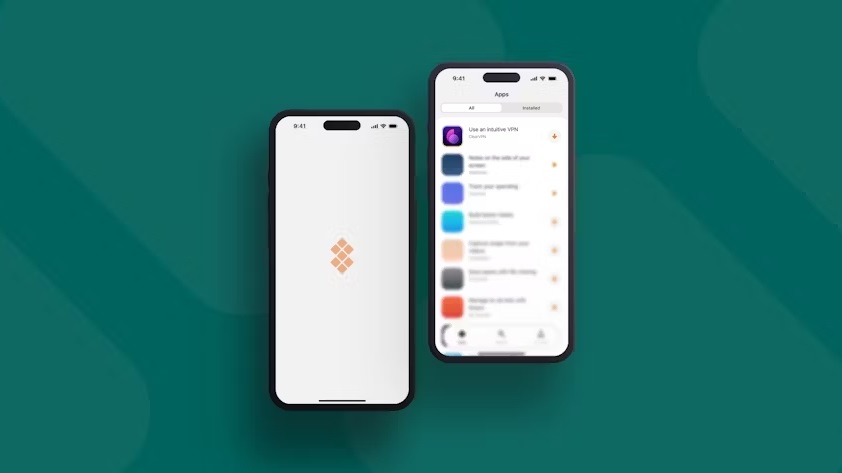iOS 17.4 is out for the iPhone in time for the European Union’s Digital Markets Act (DMA) deadline. Come March 7th, Apple and other gatekeepers and gatekeeper service operators must comply with the EU’s DMA legislation.
For Apple and the iPhone, it means iPhone sideloading will become a thing in Europe. App marketplaces will join the App Store in providing digital content. Also, developers will be able to use alternative payment processors.
These are some of the biggest changes coming to the iPhone in Europe. As expected, Apple will only offer these new iOS experiences in the EU. I’ve long speculated how Apple will block iPhone sideloading everywhere else, as Apple had not provided guidance.
But now that iOS 17.4 is out, we know how Apple plans to stop international customers, including US iPhone owners, from getting iPhone sideloading to work on their devices.
I said in the past weeks that the Vision Pro launch was a hint of how Apple plans to restrict iPhone sideloading to the EU. The spatial computer needs a US-based Apple ID to work. That makes buying the Vision Pro from scalpers in international markets practically impossible. Not unless you also find a way to create an Apple ID tied to the US.
iOS code also revealed what Apple might look for when determining whether an iPhone can sideload apps from third-party App Store rivals: The Apple ID billing address, the user’s current location, the current region from the iPhone settings, and the device class (iPhone or iPad).

All of that is practically confirmed by a new support document that explains exactly how Apple will restrict iPhone sideloading to the EU. Here are the requirements:
The country or region of your Apple ID must be set to one of the countries or regions of the European Union, and you must be physically located in the European Union.
If you leave the European Union for short-term travel, you’ll continue to have access to alternative app marketplaces for a grace period.
If you’re gone for too long, you’ll lose access to some features, including installing new alternative app marketplaces. Apps you installed from alternative app marketplaces will continue to function, but they can’t be updated by the marketplace you downloaded them from.
Apple also explains how it guards your privacy while it produces the eligibility checks above:
Your device eligibility for alternative app marketplaces is determined by using on-device processing, with only an indicator of eligibility sent to Apple. To preserve your privacy, Apple does not collect your device’s location.
Is there a workaround?
Can a US iPhone owner still try to get sideloading working? Sure. It’s not going to be easy though.
The most difficult part is setting up a new Apple ID for Europe or changing yours to one of the EU countries. This process will also require a local credit or debit card associated with your account. Then, you might need to use a VPN service most of the time to try to fool Apple’s geolocation restrictions.
Even so, once Apple determines you’re out of Europe, your experience will be limited, as detailed above.
Also, remember there’s nothing to take advantage of right now. iPhone sideloading is possible in theory. But that will only happen when those app marketplaces go live. You won’t be able to download any app from any source as it happens on the Mac. That’s not how iPhone sideloading works.








